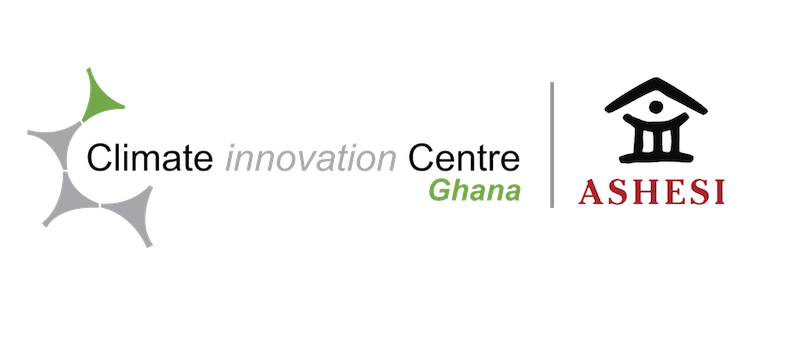The Ghana Climate Innovation Centre (GCIC), in collaboration with IMANI Africa, on the 24th of November 2023 convened a policy roundtable to present a report on the topic “Increasing Women’s Participation in Ghana’s Green Economy: Capturing the challenges women encounter in the green business sector” which looked at fostering greater inclusion and participation of women in Ghana’s burgeoning green economy. The report, which delves into capturing the individualized stories of the challenges women encounter in participating in climate-smart enterprises, aligns with the GCIC’s commitment to advance its mandate through robust policy advocacy.
A 2019 study by the Mastercard Index of Women’s Entrepreneurship (MIWE) revealed that Ghana has the highest percentage of businesses owned by women globally, standing at an impressive 46.4% however as reported by IMANI Africa, only 27% of women are studying STEM and therefore struggle to work in technical and high-paying roles in the green economy. Nonetheless, increased female education, enhanced gender mainstreaming in climate finance, and women’s access to clean energy solutions could address the barriers to women’s participation in the green economy. Leveraging on these insights and through its policy unit, Policy Alternatives for a Green Economy (PAGE – Ghana), the GCIC endeavors to shape government decision-making processes for supportive policies towards a climate-resilient society, equally for female and male business owners. GCIC’s PAGE – Ghana achieves its goals through the implementation of green policy research, government advocacy on climate policy issues, policy dialogues, international peer exchange & knowledge brokerage.
The rise of women’s engagement in Ghana’s green economy is pivotal for addressing the prevailing social disparities and fostering a more equitable and inclusive society. Recognizing this, it is imperative that policies are intentionally crafted to tackle the unique challenges confronted by female-led enterprises within the green economy. Moreover, amplifying awareness regarding the enormous opportunities and profound influence of women’s involvement in the green economy could strengthen policymakers’ dedication to create conducive environments with opportunities and incentives tailored to women.

